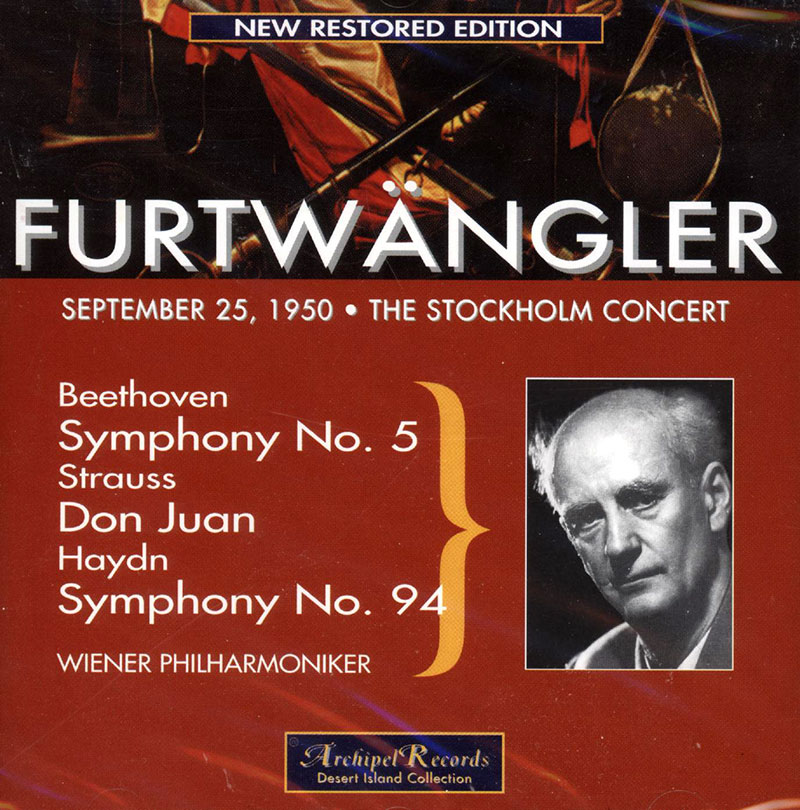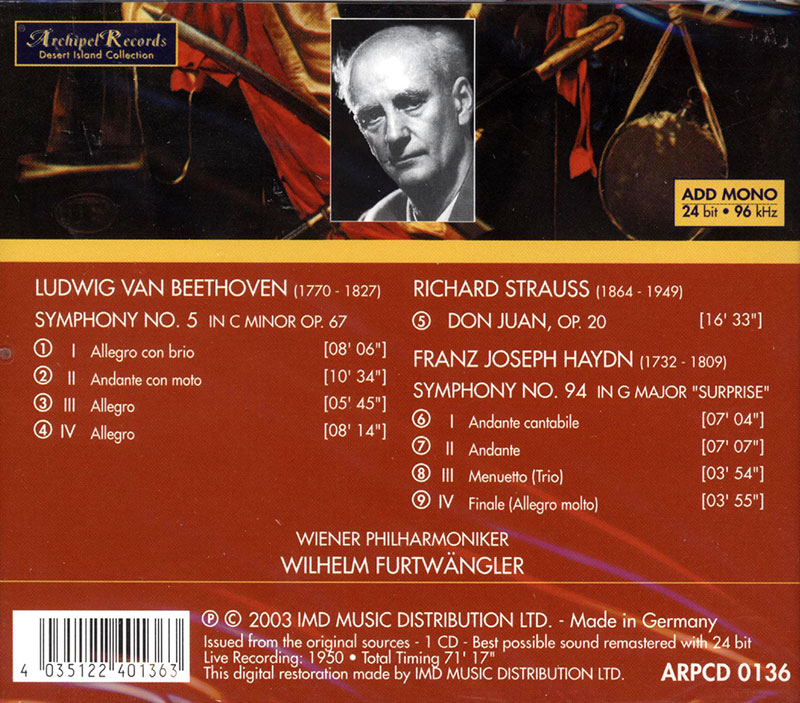Logowanie
OSTATNI taki wybór na świecie
Nancy Wilson, Peggy Lee, Bobby Darin, Julie London, Dinah Washington, Ella Fitzgerald, Lou Rawls
Diamond Voices of the Fifties - vol. 2
Tylko 1000 egzemplarzy!!!
DVORAK, BEETHOVEN, Boris Koutzen, Royal Classic Symphonica
Symfonie nr. 9 / Wellingtons Sieg Op.91
nowa seria: Nature and Music - nagranie w pełni analogowe
Petra Rosa, Eddie C.
Celebrating the art and spirit of music - vol. 3 - Pure
warm sophisticated voice...
Peggy Lee, Doris Day, Julie London, Dinah Shore, Dakota Station
Diamond Voices of the fifthies
Tylko 1000 egzemplarzy!!!
SAMPLER - STS DIGITAL, Buddy Tate, Milt Buckner, Walace Bishop
Jazz Masters - Legendary Jazz Recordings - v. 1
proszę pokazać mi drugą taką płytę na świecie!
Chesky! Niezmiennie perfekcyjny
Winylowy niezbędnik
ClearAudio
Double Matrix Professional - Sonic
najbardziej inteligentna i skuteczna pralka do płyt winylowych wszelkiego typu - całkowicie automatyczna
BEETHOVEN, STRAUSS R., HAYDN, Wilhelm Furtwangler, Wiener Philharmoniker
Furtwagler in Stockholm

- Wilhelm Furtwangler - conductor
- Wiener Philharmoniker - orchestra
- BEETHOVEN
- STRAUSS R.
- HAYDN
"Wilhelm Furtwängler (January 25, 1886 – November 30, 1954) was a German conductor and composer. He is widely considered to have been one of the greatest symphonic and operatic conductors of the 20th century. During the 1920s and 1930s, Furtwängler became one of the leading conductors in Europe, as principal conductor of the Berlin Philharmonic from 1922, as principal conductor of the Gewandhaus Orchestra from 1922–26, and as a major guest conductor of other leading orchestras such as the Vienna Philharmonic. He was the leading conductor who remained in Germany during the Second World War, and although not an adherent to the Nazi regimethis decision caused controversy for the rest of his life. The extent to which his presence lent prestige to the Third Reich is still debated. Furtwängler's interpretive art is well documented in commercial and off-air recordings and this has led to him being revered by a large number of musicians, critics and record collectors since his death. Furtwängler's conducting style is often contrasted to that of his older contemporary Arturo Toscanini, whose work during this period was also widely documented. Like Toscanini, Furtwängler was a major influence on many later conductors, and his name is often mentioned when discussing their interpretive style. Unlike Toscanini, Furtwängler sought a weighty, less rhythmically strict, more bass-oriented orchestral sound with more conspicuous use of tempo inflections not indicated in the printed score."





























